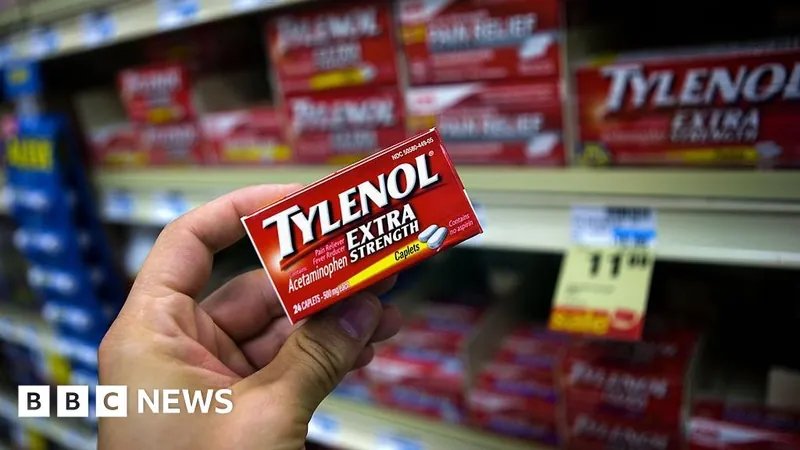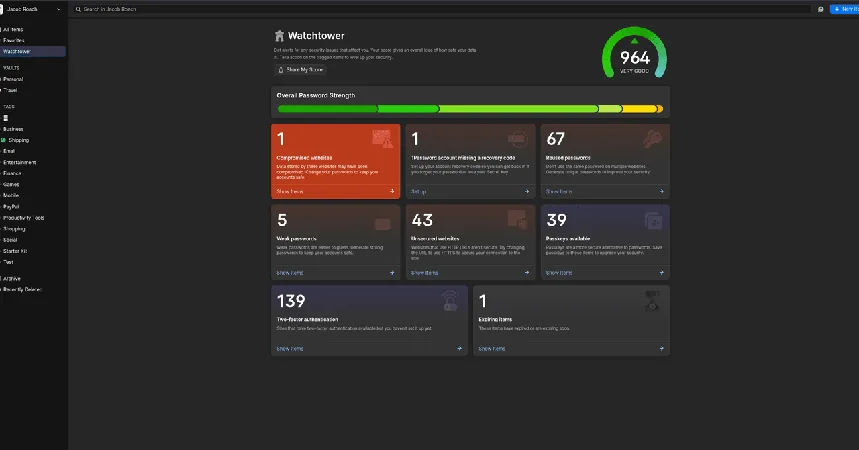
Trump's Shocking Claims: Can Tylenol During Pregnancy Really Cause Autism?
2025-09-23
Author: Sophie
In a controversial statement that has sparked a fierce backlash, President Donald Trump has suggested that the widely used pain reliever Tylenol may be linked to autism in children if taken during pregnancy.
Speaking at the Oval Office, Trump urged pregnant women to avoid taking Tylenol—known as paracetamol in many parts of the world—unless absolutely necessary. He declared it "no good" and insisted that women ought to "fight like hell" to limit its usage.
Medical experts are sounding alarms over Trump’s claims, branding them as potentially harmful misinformation. The UK’s Health Secretary Wes Streeting firmly stated, "I trust doctors over President Trump, frankly, on this," emphasizing Tylenol's safety for expectant mothers.
The American College of Obstetricians and Gynecologists swiftly refuted Trump's statement, asserting that current scientific evidence does not support a direct link between acetaminophen use and developmental challenges in children. Its president, Dr. Steven Fleischman, noted that the complexity of neurological issues in children cannot be boiled down to a single medication.
In its communications, the US Food and Drug Administration (FDA) took a more measured stance, advocating that while some studies explore a possible association between acetaminophen and autism, definitive proof of a causal relationship is lacking. The FDA reiterated, "To be clear, while an association has been described, causation has not been established."
Compounding the issue, Health Secretary Robert F Kennedy Jr. revealed plans to update Tylenol’s safety label and launch awareness campaigns regarding its use.
As one of the most popular over-the-counter medications, Tylenol is recommended globally, but Kenvue, the company that manufactures it, staunchly defended its safety, clarifying that extensive research shows no connection to autism.
Adding to the controversy, Kennedy announced potential FDA approval for leucovorin, a drug used to protect cancer patients, as a new treatment for children with autism. However, experts caution that research is still in nascent stages.
In a broader context, some studies have indicated a link between Tylenol use during pregnancy and neurodevelopmental disorders, although others found no such correlation. A significant 2024 Swedish study, for instance, comprised a sample of 2.4 million children and concluded that no convincing evidence substantiated a relationship between Tylenol and autism.
The discourse around autism has intensified, especially as diagnoses have surged since 2000. While many attribute this rise to better awareness and broader definitions, environmental factors are also under scrutiny.
Both scientific communities and activists are concerned about the ramifications of misleading medical claims, with the National Autistic Society condemning Trump's assertions as "irresponsible" and potentially damaging to decades of research.
New mothers like 29-year-old Haley Drenon from Texas are understandably anxious about the mixed messages regarding Tylenol. She expressed concern that such statements, if presented without sufficient context, could alarm many expectant parents.
As the debate rages on, one thing is clear: the conversation about the use of medications during pregnancy and their potential impacts on child development cannot be simplified.









 Brasil (PT)
Brasil (PT)
 Canada (EN)
Canada (EN)
 Chile (ES)
Chile (ES)
 Česko (CS)
Česko (CS)
 대한민국 (KO)
대한민국 (KO)
 España (ES)
España (ES)
 France (FR)
France (FR)
 Hong Kong (EN)
Hong Kong (EN)
 Italia (IT)
Italia (IT)
 日本 (JA)
日本 (JA)
 Magyarország (HU)
Magyarország (HU)
 Norge (NO)
Norge (NO)
 Polska (PL)
Polska (PL)
 Schweiz (DE)
Schweiz (DE)
 Singapore (EN)
Singapore (EN)
 Sverige (SV)
Sverige (SV)
 Suomi (FI)
Suomi (FI)
 Türkiye (TR)
Türkiye (TR)
 الإمارات العربية المتحدة (AR)
الإمارات العربية المتحدة (AR)